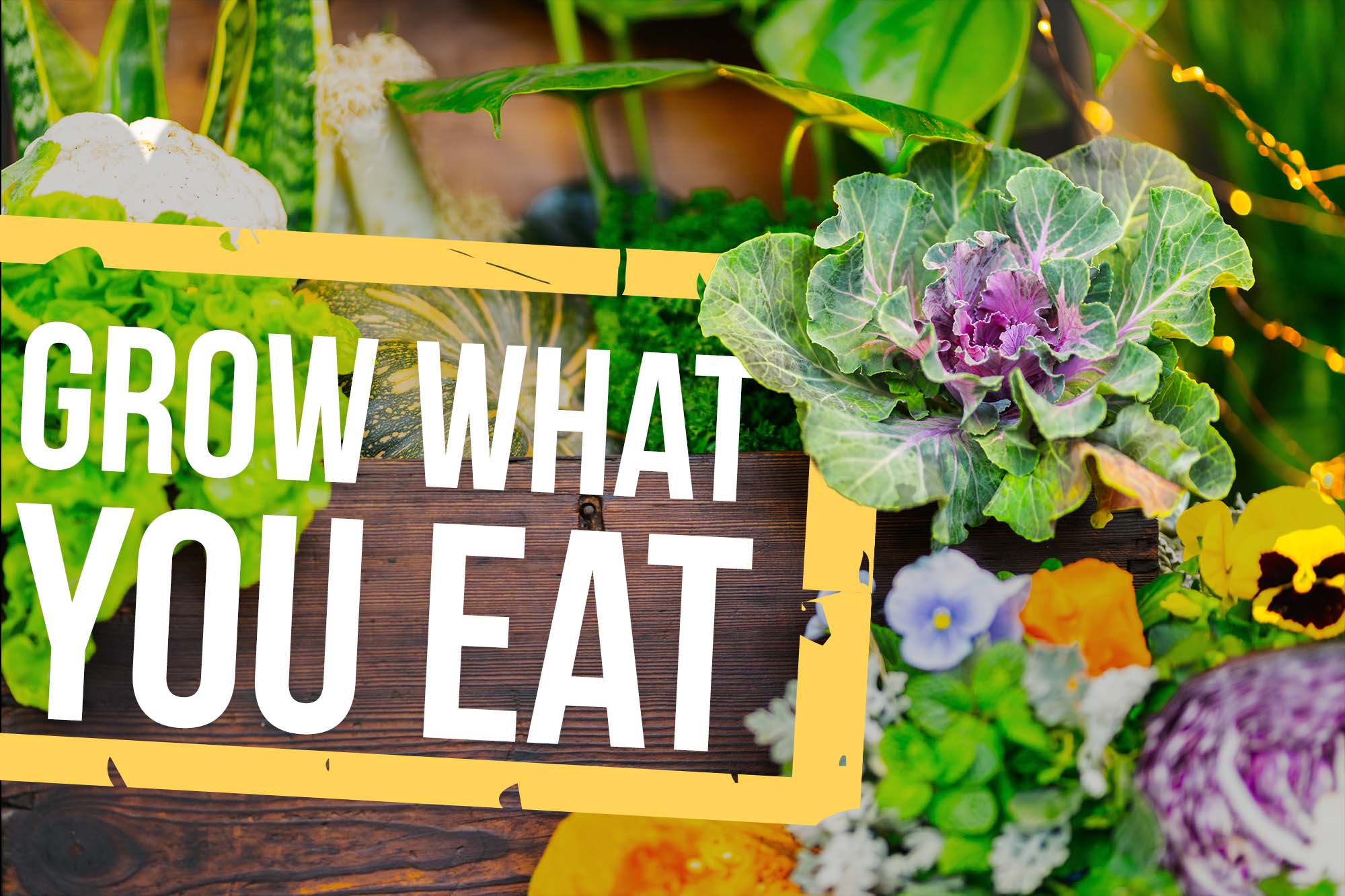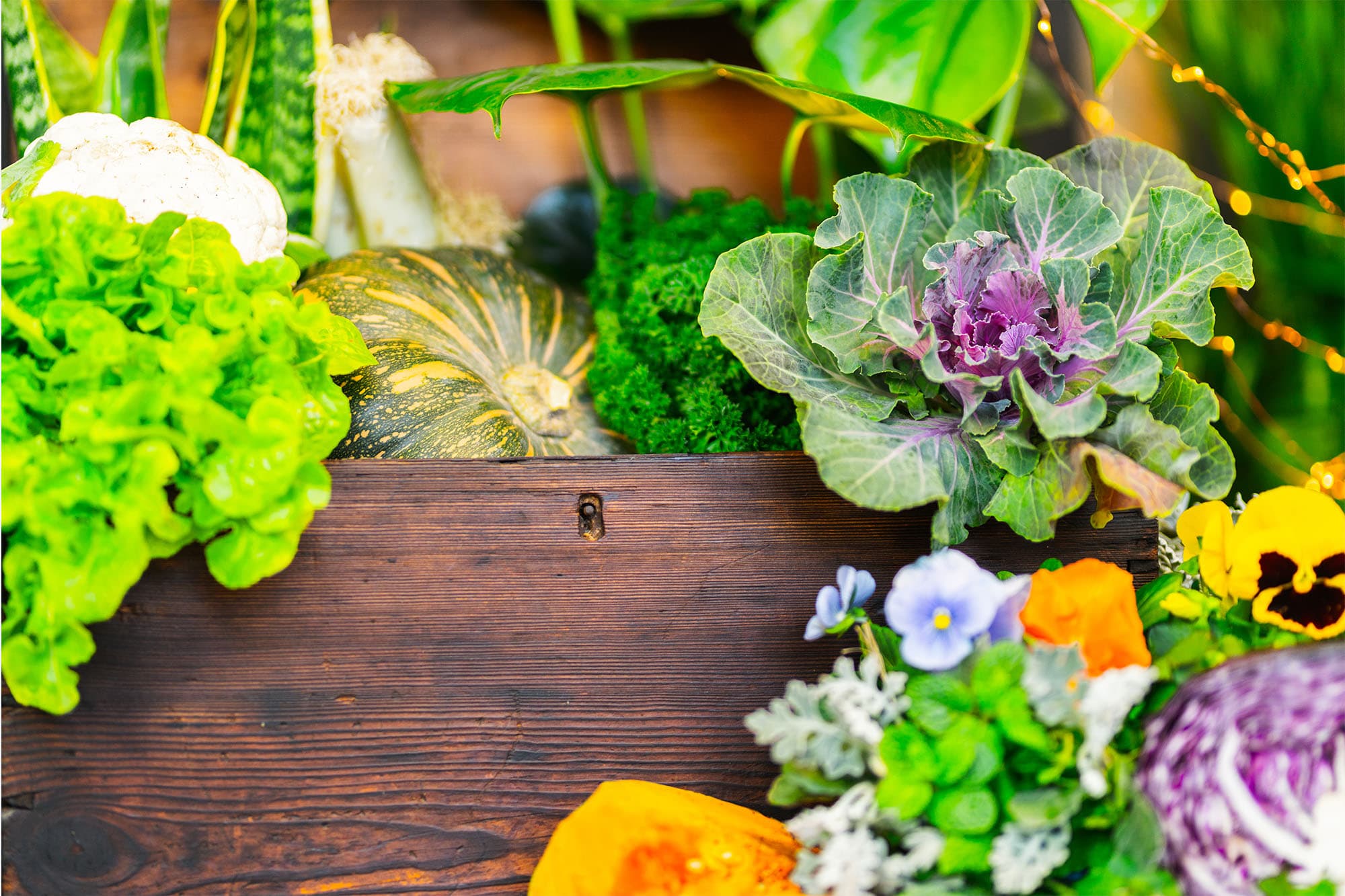There’s nothing better than enjoying a harvest of your home-grown food. Potatoes are one of the most delicious foods that can be grown at home during the cooler months, and as the shortage earlier in the year taught us, they can be very hard to live without! So, join us today as we explore how growing seed potatoes at home.
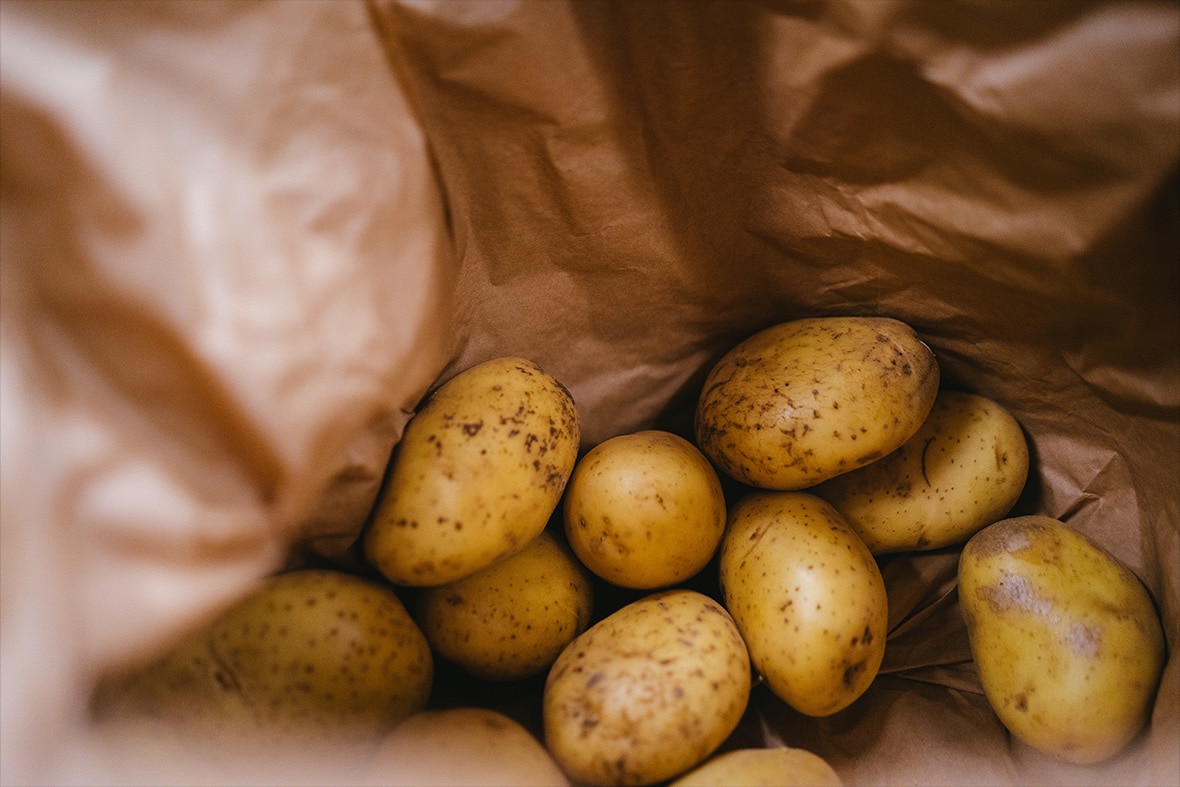
Planting certified Seed Potatoes
What is a seed potato? The term seed potato can be a little confusing as potatoes do not set seed. Potatoes grow vegetatively, meaning you need to replant a part of the actual potato, these pieces of potato are known as seed potatoes.
Certified Seed Potatoes have just Arrived at Capalaba Produce!
Make sure to come in-store and get your seed potatoes today as we only have limited stock.
Choosing disease-free potatoes
When growing seed potatoes at home it is important to use disease-free seed potatoes. When using non-certified seed potatoes any diseases from the previous years can be transferred over to this year’s harvest. At Capalaba Produce we only stock certified seed potatoes, these have been certified by the government to be disease-free.
A potato eye is the part of the potato that sprouts and becomes a new plant. Good seed potatoes will usually have two to three eyes per potato. If you have a larger potato with many eyes on them, you can cut them into smaller chunks and get many plants from one potato. Just make sure each chunk still has 2-3 eyes and plenty of flesh to help your potatoes grow.
Once you have purchased your seed Potatoes you should harden them prior to planting. To do this lay them in a dry dark area for approximately two weeks. This will encourage the eyes to shoot and give you time to prepare the garden bed.
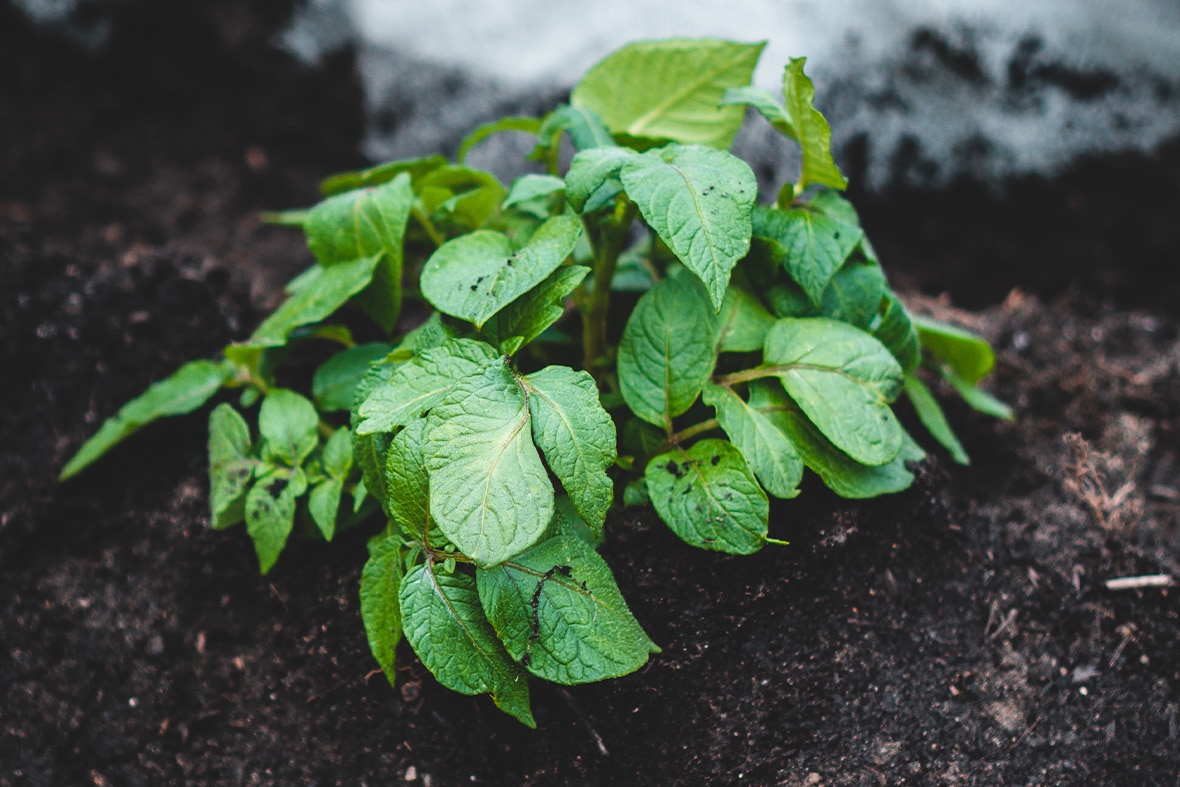
Planting your Potatoes
When planting your potatoes make sure they are around 15cm deep and 30cm apart allowing 80cm between the rows, and give them a good feed with a potato fertiliser. Because potatoes are a root crop, using fertilisers or straight animal manures that are high in nitrogen, will encourage stem and foliage growth at the expense of the quality and size of the potatoes. We recommend preparing the planting bed with Searles Organic Compost or Rocky Point ActivGrow. Cover the area with straw, sugar cane, or lucerne mulch. This will help retain moisture and will be crucial during the “mounding phase”.
Caring for Potato in the Garden
After a few days, you’ll start to see beautiful potato vines appear. These stems are thick and usually have bright green leaves. Let the vines grow until they are around 15cm tall, then you’ll have to do something called ‘hilling or mounding’ the potatoes. This is also the most crucial, tiring, but fun part of growing potatoes!
Hilling or mounding brings loose soil, compost, or straw around the vines where the potatoes will form, this also deepens the roots into cooler soiler. With the first hilling, we suggest covering the vines up so only the top leaves are exposed. This allows for hilling to be done in another two to four weeks with another 10cm of loose soil bought around the vines.
Doing this produces more roots, and most importantly more potatoes for your harvest while leaving the exposed leaves to produce energy for the plant to grow even bigger.
BONUS: Grow Seed Potatoes in Containers
Potatoes are so easy that they can even be grown without soil. Potatoes can be grown in large pots, sacks, containers, barrels, even old tyres. Just be sure when growing them in containers you have plenty of drainage and use a potato fertiliser to hill your plant as we spoke about previously. To allow for this make sure you use the bottom half of the container and work your way to the top.
Harvest time
When your stems and leaves begin to die off your potatoes are ready to harvest! Using a garden fork, dig under the root and bring the potatoes to the top. Make sure to start further away to avoid piercing the potatoes. Freshly dug potatoes can be used straight away and are normally called new potatoes. Make sure to just harvest what you need. Leave the rest of the potatoes in the ground until you need them. Once the stems have completely died off. Harvest the rest of your potatoes and store them in a dry, cool, and dark location. Do not wash the potatoes until you’re ready to use them as the dirt can be used as a protective coat.
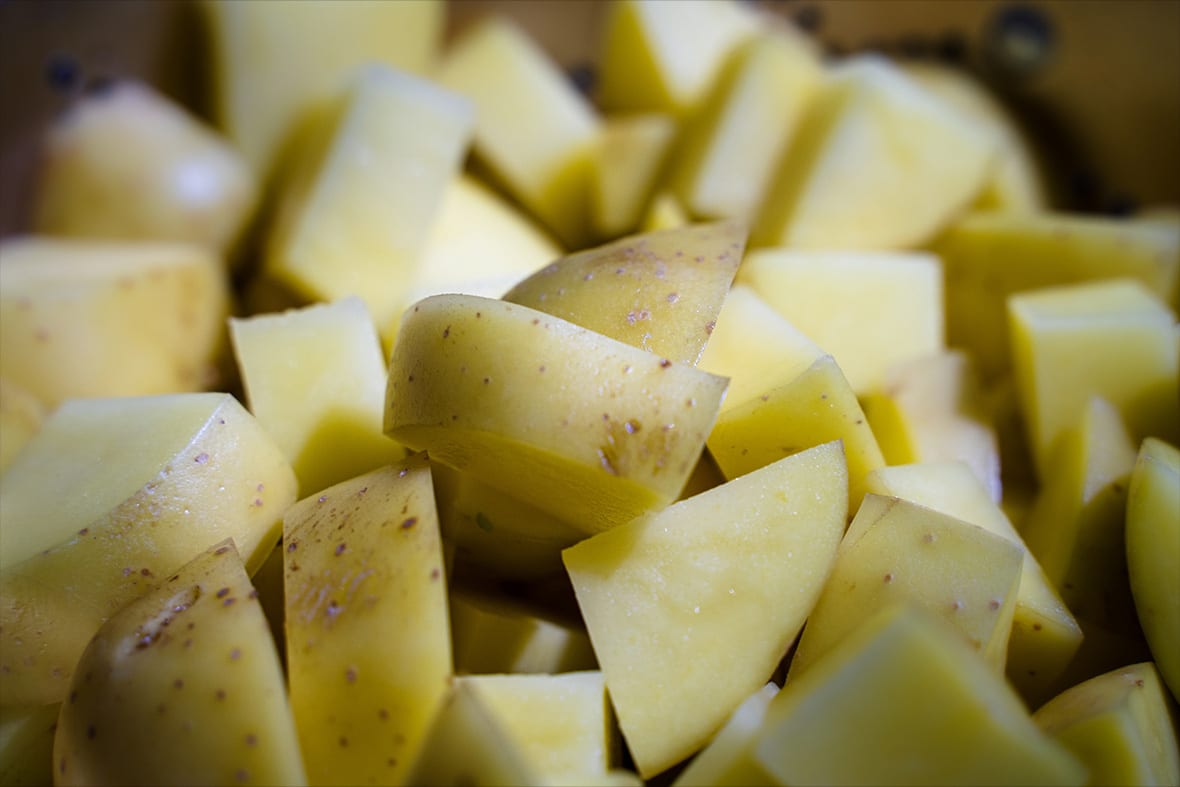
Potatoes are Excellent in the Garden
Potatoes are a delicious addition to your home harvest, they grow in most well-draining soils. They are easy to grow, look absolutely beautiful, and produce lots of delicious food for your cooking. One bag of certified seed potatoes can be turned into kilograms of potatoes right from your own garden. At Capalaba Produce seed potatoes have just arrived in-store. Make sure to come in and get your potatoes to start growing your own delicious food at home. Beans, cauliflower, and cabbage are fantastic to plant in the garden now and are a fantastic companion to plant alongside potatoes.
Happy Potato growing from Nicholas and the team at Capalaba Produce

